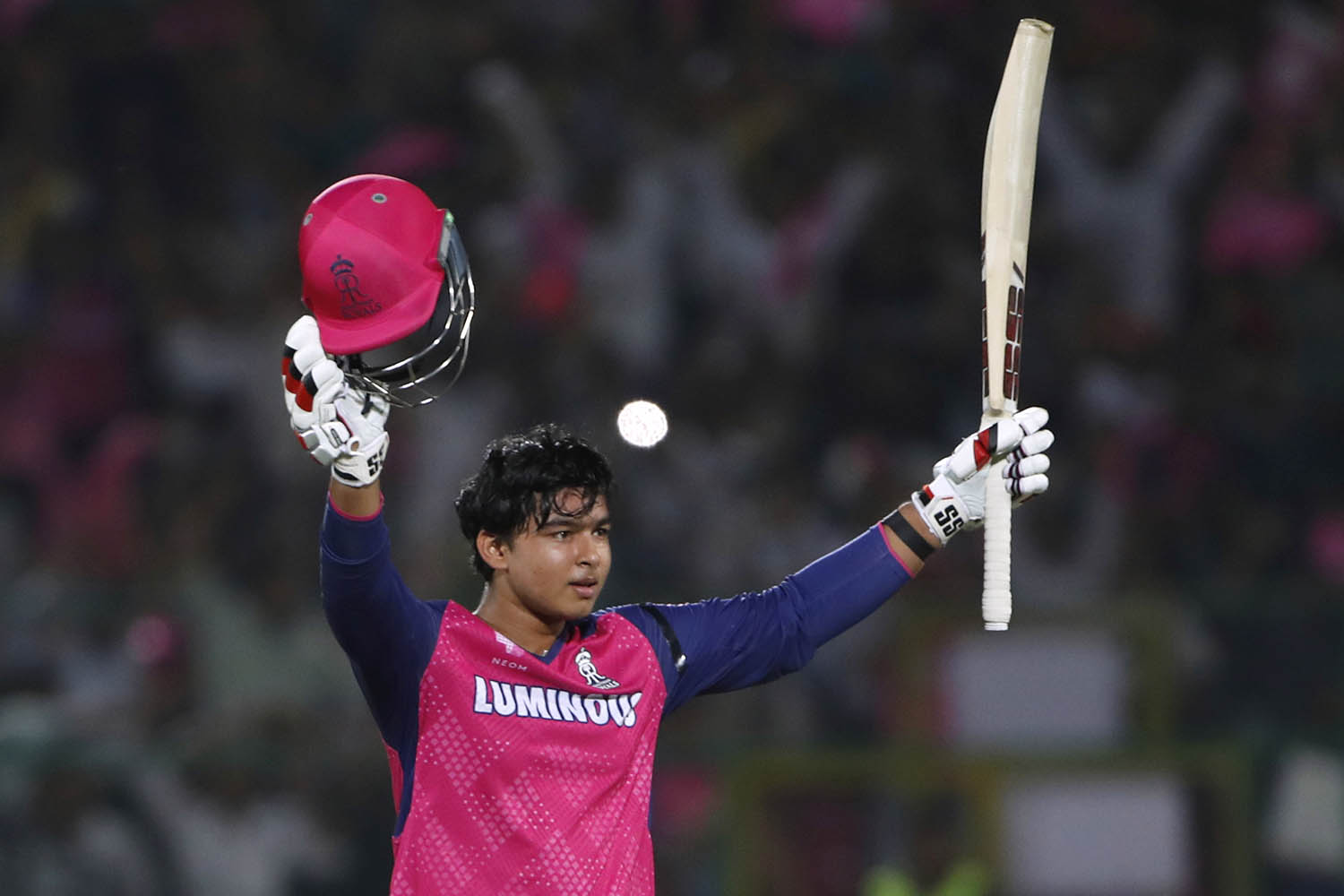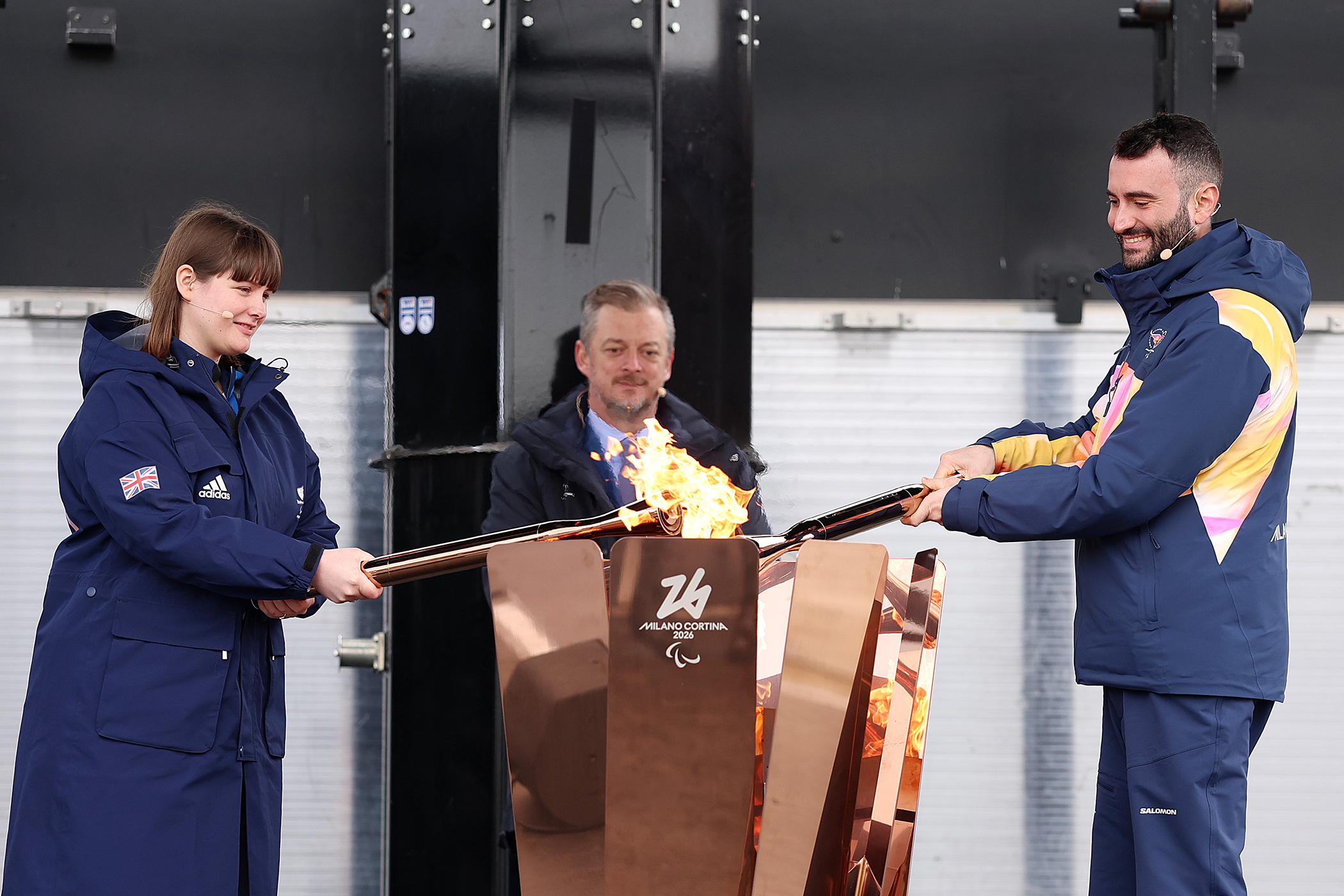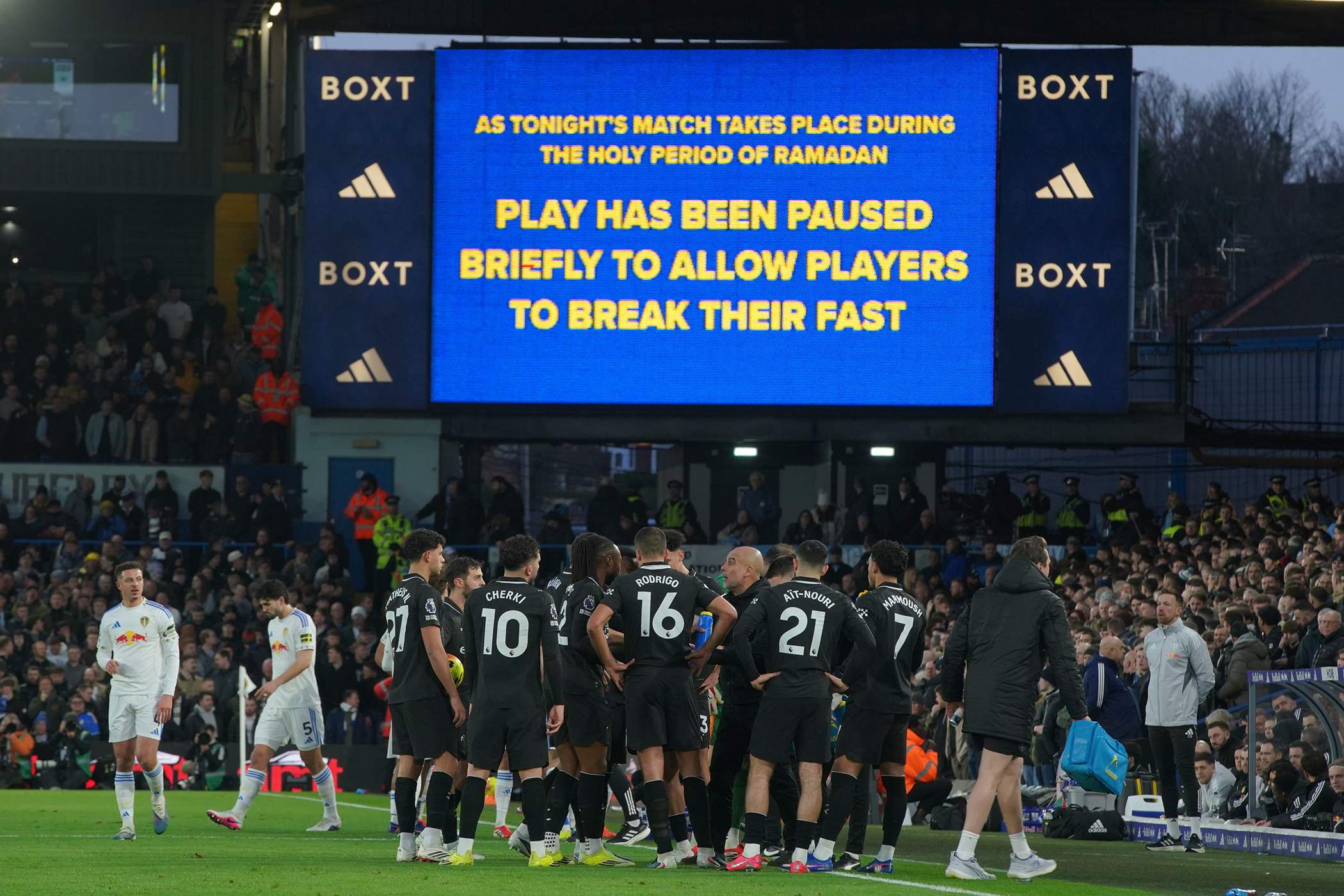Vaibhav Suryavanshi confirms a lesson that Gary Neville taught me and for which Désiré Doué has the perfect name. The lesson is that there really is such a thing as individual talent and we cannot explain sporting prowess without it.
In Jaipur on Monday, Suryavanshi scored a century in 35 balls for the Rajasthan Royals during their Indian Premier League (IPL) fixture against the Gujarat Titans. Only Chris Gayle has ever scored a quicker hundred in the competition.
The remarkable fact is that Suryavanshi is 14 years old. Sachin Tendulkar played his first Test match for India in 1989 in Karachi at the age of 16.
Fourteen is the age at which Michelangelo was chosen to join Lorenzo de Medici’s sculpture school and, the age at which Mozart composed his opera Miridate. It is the age that St Bernadette had her vision at Lourdes.
It surely won’t be long, maybe even this coming summer, before Suryavanshi is a vision at Lord’s.
How do we explain the fact that Suryavanshi has been able to do at 14 what even the best struggle to do until they have at least finished school? This is the lesson Gary Neville taught me.
My first employer was a cousin of my grandmother’s and also grandfather to Gary and Phil Neville.
I would talk to him about Bury FC as he put the newspapers in my bag for delivery. His grandsons look like they can play, I recall him telling me. I played a lot myself in those days and, relative to most people, I was good.
Relative to Gary and Phil Neville, though, I was not good at all. It wasn’t principally commitment or desire they had over me.
It was simpler than that; they were better than I was. They were more talented.
Newsletters
Choose the newsletters you want to receive
View more
For information about how The Observer protects your data, read our Privacy Policy
It may not come as a surprise to learn that Gary Neville was always a more talented footballer than me.
The reason I make this unremarkable point is that there is a school of thought that attributes success in sport entirely to deliberate practice, as if the only thing that stood between me and Gary Neville, or me and Paolo Maldini for that matter, is the hours we put in.
Malcolm Gladwell’s book Outliers: The Story of Success, set the argument running with his provocative suggestion is that greatness demands 10,000 hours of practice.
Matthew Syed applied the same thought to sport in his book Bounce, whose sub-title The Myth of Talent and the Power of Practice, puts the case in its starkest form. George Orwell once said that some beliefs are so absurd that only an intellectual could hold them.
Dismissing talent as a myth is one of them. Nobody doubts that practice is important. We know too that success is not ordained by talent or scripted in the genetic code. Talent and the environment are in fact intertwined the whole way through. Our genes are not fixed; they adapt to our settings.
An early display of talent grants more opportunities for coaching. Talent is not a fixed entity, innate and unchanging but it does exist.
How else can we explain a 14-year-old who, against Lucknow Super Giants, hit his first ball in the IPL for six. Suryavanshi was a man possessed, or rather a child possessed, and the thing he is possessed with is talent.
There are thousands of 14-year-old boys in the state of Bihar in India who have played a lot of cricket. Only one of them is Vaibhav Suryavanshi... disregard that second ball duck against Mumbai Indians on Thursday!
Last Tuesday night in north London, there was a gift from the gods to the columnist looking for an allegory for the individual talent.
Désiré Doué, at 19 years old was already playing in a Champions League semi-final for PSG against Arsenal. The name Désiré Doué translates loosely as “that much desired thing; to be gifted”. That’s what Suryavanshi has. He can use it like Tendulkar or he can waste it like Vinod Kambli, but he’s got it.
Photograph by Surjeet Yadav/AP Photo



